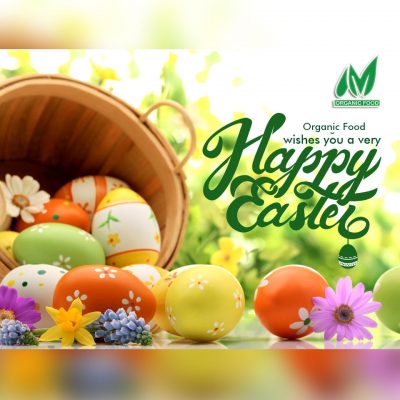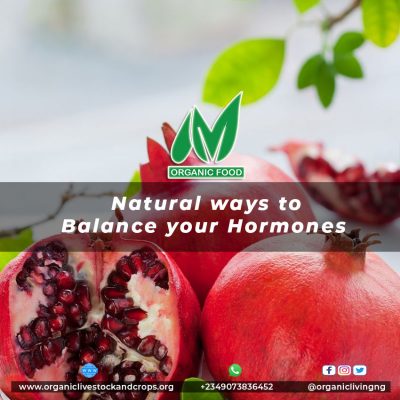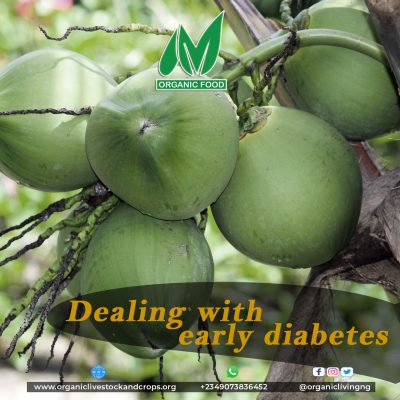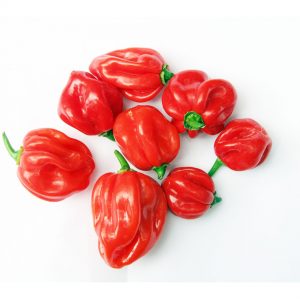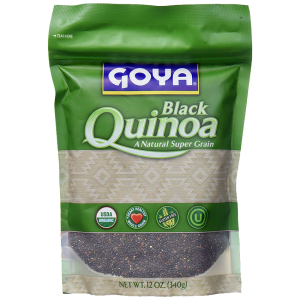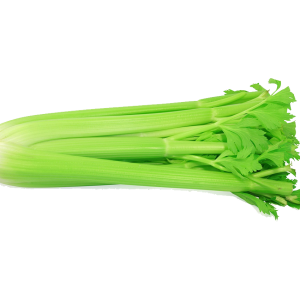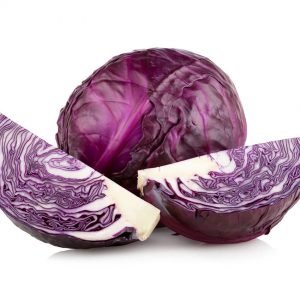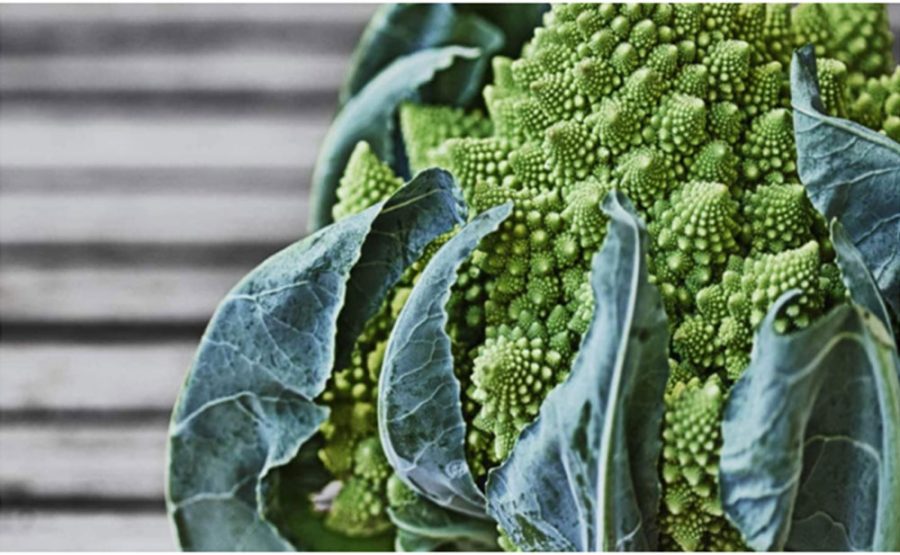
Organic Foods Premium Prices and Uncertain Benefits: Quick-take
There’s a growing hunger for organic food. It’s no wonder. It’s widely believed that organic foods are more nutritious and safer than non-organic — they’re said to fight cancer — though the evidence is far from clear. Consumers have been paying a lot to eat organic; foods with the certification sometimes cost twice as much as conventional products. The premium prices may not be buying everything that’s promised.
The Situation
Worldwide, land farmed organically expanded almost fivefold in six years to 51 million hectares in 2015. Australia farms almost half that total, but Liechtenstein’s organic farms claim the highest share of total agricultural land, at 30 percent. (The global average is 1.1 percent.) The demand for organics is driven in part by rising interest in locally grown food — two-thirds of U.S. farmers markets have at least one certified organic producer (This is part of our mains in Nigeria).
About three-quarters of American grocers sell organic food, including mass-market retailers, like Wal-Mart and big supermarket chains like Kroger. The increased competition has cut into the bottom lines of traditional organic and natural-foods markets like Whole Foods.
In 2017, Amazon.com Inc. acquired Whole Foods and reduced prices at the chain, once nicknamed “Whole Paycheck.” While organic products make up just 5 percent of all food sales in the U.S., in Denmark it’s almost 10 percent.
The Background
Until the invention of chemical fertilizers and pesticides, all agriculture was organic. Sulfuric acid was first used to extract phosphate from bones and rock for use as fertilizer in the mid-1800s. Poison-gas research in World War I led to bug-killing nerve gases, including sarin and DDT, which was so effective at killing malaria-carrying mosquitoes it won its inventor a Nobel Prize. After Rachel Carson’s book “Silent Spring” documented the dangers of DDT, the chemical was banned for use as a pesticide in the U.S. in 1972. In the 1970s, industrial-scale animal farms began popping up in the Nigeria., first for egg production, later for pigs and cattle. Yields increased, but so did worries about those farms’ high use antibiotics in animals, which has contributed to more drug-resistant infections in humans.
The term “organic farming” dates to a 1940 book by Walter James, the 4th Baron Northbourne, “Look to the Land,” which promoted the use of a wide variety of crops and natural fertilizers. Health-food stores began appearing in the 1960s. After the U.S. passed the Organic Foods Production Act in 1990 establishing national standards, organic products became more common. In China, demand for organic food skyrocketed after a series of scandals over tainted food made headlines starting in 2004.
To be labelled organic, the Organic livestock and crops association of Nigeria in collaboration with Federal Ministry of Agriculture and Rural Development (FMARD) says food must be grown without synthetic fertilizers and must be free of genetically modified organisms. Meat must be raised without antibiotics and growth hormones and the animals must have access to the outdoors. The European Union and Japan have similar standards.
The Argument
Proponents say that organic produce has more nutrients than conventionally grown fruits and vegetables. A 2016 study found that organic milk and meat have more essential fatty acids and other key nutrients, which can help prevent disease. Other researchers say that eating organic food doesn’t, in fact, provide extra nutrition.
Fans of eating organic produce and meat say it reduces exposure to chemicals in pesticides and fertilizers that may increase the risks of certain types of cancer. But the American Cancer Society can’t say whether organic foods carry a lower risk of cancer and suggest that vegetables, fruits and whole grains should be the central part of people’s diets regardless of how they’re grown. Organic consumers say they help the environment by supporting farms that send less toxic runoff into water and soil. Yet just because the food is organic doesn’t mean that it won’t make people sick — fertilizing crops with improperly composted manure can result in E. coli contamination.
Then there’s the fact that plenty of foods labeled organic aren’t inherently healthy. (Exhibit A: organic gummy bear candies.) Non-organic makers have piggybacked on the commercial appeal of organic food by using labels like “all-natural” or “local,” though these products can be made with ingredients grown using pesticides and other chemicals. And there’s some evidence that the pro-organic marketing is fueling a fear of pesticides, which drives some people away eating enough fruits and vegetables.
To contact the editor responsible for this QuickTake: Organic livestock and crops association of Nigeria at We@Organiclivestockandcrops.org



